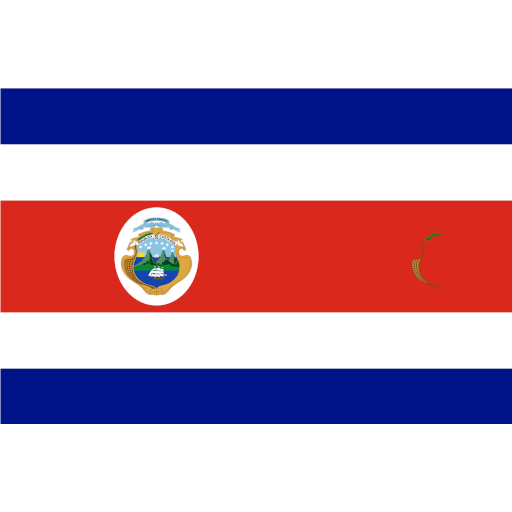On Tuesday April 16, 2019, the general provisions that govern self-regulation programs of the Federal Law for the Prevention and Identification of Operations with Resources of Illegal Origin (LFPIORPI) were published in the Official Gazette of the Federation (DOF); also known as the “Anti-Money Laundering Law”. It is important to mention that said provisions will be in force and effect forty-five working days after their publication in the DOF.
Said provisions arise under the Federal Income Act for the tax year 2019, which states that the Tax Administration Services (Servicio de Administración Tributaria (SAT) may authorize the implementation of self-regulation programs of the persons that are not up to date in the compliance of the obligations of the Anti-Money Laundering Act.
By virtue of the foregoing, the forms, terms, and procedures that the obligated subjects that carry out vulnerable activities in accordance with this Law shall observe to self-regulate their obligations, are made known under the following:
• The self-regulation program is from July 1, 2013 through December 31, 2018.
• Only parties that are registered in the list of obligated persons for the purposes of the Anti-Money Laundering Act may have access to said program. Furthermore, they must be up to date in the compliance of their obligations (in terms of the Anti-Money Laundering Act) for the tax year of 2019 and have not committed an offense described in said law.
• SAT shall not issue fines for the periods of non-compliance as long as the self-regulation program is complied in full, that is, correcting all the irregularities and breaches of vulnerable activities.
Authorization request
To obtain authorization for the self-regulation program, the following must be presented through the Money Laundering Internet Portal System (SPPLD):
1. Self-regulation request. This request must be made within thirty working days after the provision is in force and effect.
2. The request must include a description and the details of the circumstances that gave rise to the irregularity or non-compliance.
3. Describe the actions that are to be implemented in order to correct the breach.
4. Statement under oath that they are not under any of the cases of inadmissibility.
All those who are in the process of verification of compliance by any administrative unit of the SAT may also be subject to the authorization.
It is very important to state that the self-regulation program must be completed in a term no greater than six months as of the day after the thirty working days have ended as described under number 1.
Cancellation of fines
SAT may cancel fines imposed on the obligated party pursuant to the terms of the Anti-Money-Laundering Act.
In order to have access to the waiver of fines, the cancellation request must be submitted in writing to the offices of the authority, within twenty business days from the day on which the term of the self-regulation program ends.
The authority shall verify if the cancellation is applicable in a term no greater than six months (as of the date in which the cancellation request was filed) and will inform the party in a period no greater than thirty working days, after the verification has ended, if the cancellation of fines applies or not.
We recommend that the companies examine whether they are under the classification of vulnerable activities under the Anti-Money Laundering Act, for the self-regulation periods, in order to analyze whether they can access the benefits established in the provisions described in this bulletin.
If you have any doubts or comments, we recommend contacting your lawyer.























